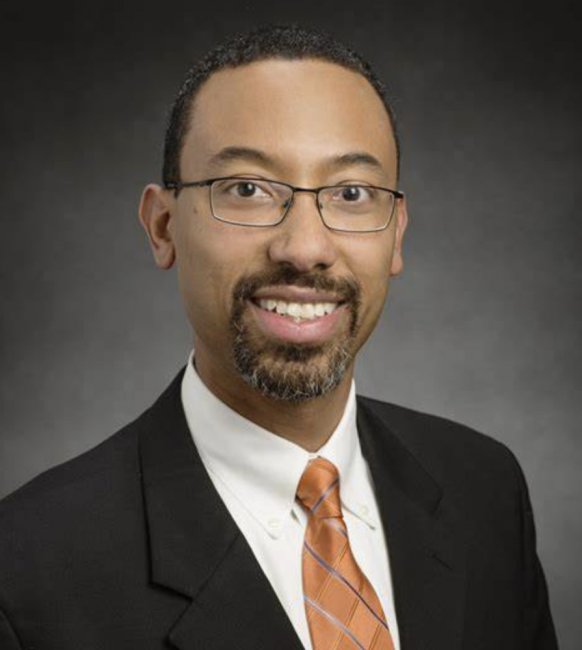Control of Complex Energy and Power Systems for Electrified Mobility
Events | Mechanical Engineering
Control of Complex Energy and Power Systems for Electrified Mobility
February 1, 2021 7:30 AM

Speaker
Andrew Alleyne Ralph & Catherine Fisher Professor Department of Mechanical Science and Engineering University of Illinois Urbana-Champaign
Location
Via Zoom
Type
Seminar
ABSTRACT:
Electrified mobility, or e-mobility, is a growing trend across all modes of transport for goods and people. This includes on-highway vehicles, marine, and air vehicles among others. Many of these e-mobility platforms are very complex systems of systems. This talk with present an approach to understanding and controlling energy and power flow in vehicles that accommodate multiple modes of power transport. These modes include thermal, fluid, electrical, or mechanical since these are all available in the vehicles that move goods or people. In particular the management of power onboard e-mobility platforms has become an enabler or a bottleneck depending on the point of view. A key challenge in working across various modes of power flow is the widely varying time scales of the various physical domains; thermal is slow, electrical is fast, and there are multiple in-between modes.
A particularly useful graph-based approach will be introduced for the purpose of modeling the system interactions. The graph approach has benefits of modularity and scalability along with being an efficient framework for representing systems of different time scales. Recent results will be presented representing both generic interconnected complex systems as well as specific examples and resulting benefits.
We will also present a hierarchical approach to energy and power flow in air vehicles that accommodates multiple power modes. The hierarchy allows for systems operating on different time scales to be coordinated in a controllable manner. It also allows for different dynamic decision making tools to be used at different levels of the hierarchy based on the needs of the physical systems under control. Additional advantages include the modularity and scalability inherent in the hierarchy. Additional modules can be added or removed without changing the basic approach.
Time permitting, we will discuss some of the efforts along the lines of co-design of new e-mobility platforms that allow us to design both the plant and the controller simultaneously in simulation.
BIOSKETCH: Prof Alleyne received his B.S. from Princeton University in 1989 and his M.S. and Ph.D. degrees in 1992 and 1994, respectively, from The University of California at Berkeley. He joined UIUC in 1994 where he is currently in both the Mechanical and Electrical engineering departments. He holds the Ralph and Catherine Fisher Professorship in the College of Engineering and is the Director for the NSF Engineering Research Center (ERC) on Power Optimization for Electro-Thermal Systems. He is the recipient of a NSF CAREER award, has been a Distinguished Lecturer of the Institute for Electronic and Electrical Engineers (IEEE), and a National Research Council Associate. From the American Society of Mechanical Engineers (ASME) he has received the Gustus Larson Award, the Charles Stark Draper Award for Innovative Practice, the Henry Paynter Outstanding Investigator Award, the Milliken Award and the Robert Henry Thurston Lecture Award. From AACC he received the Control Engineering Practice Award. He is a Fellow of IEEE, AAAS and ASME. He was a Fulbright Fellow to the Netherlands and held visiting Professorships at TU Delft, University of Colorado, ETHZ, and Johannes Kepler University. He has held several editorial positions for ASME, IEEE, and the International Federation of Automatic Control. He has been active in external advisory boards for universities, industry and government including the U.S. Air Force, Army, and the Department of Energy. His record of campus service includes the Associate Dean for Research in the College of Engineering and the Associate Head for Undergraduate Programs in Mechanical Science and Engineering. In addition to research and service, he has a keen interest in education and earned the College of Engineering’s Teaching Excellence Award, the UIUC Campus Award for Excellence in Undergraduate Education, and the UIUC Campus Award for Excellence in Graduate Student Mentoring.